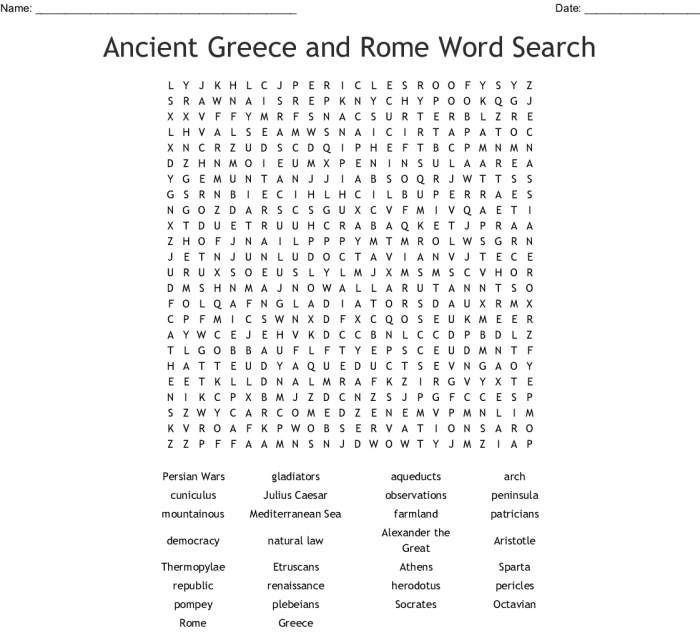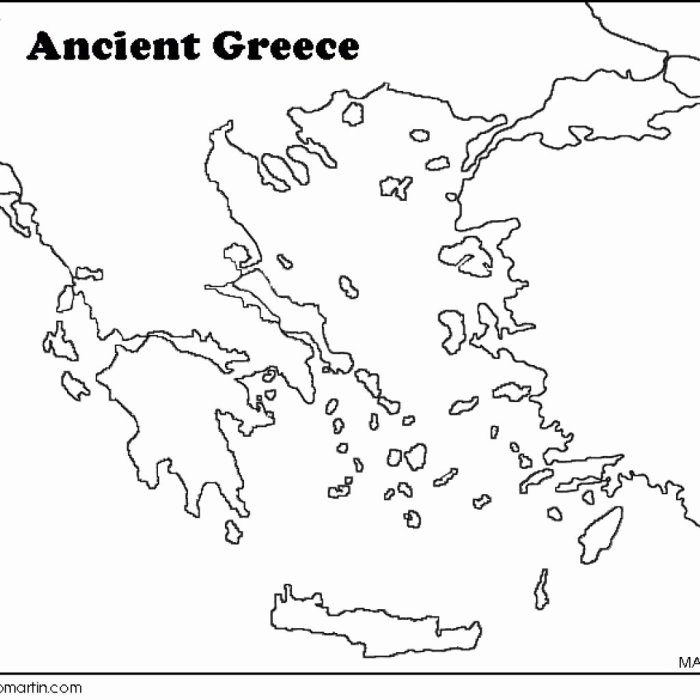Ancient Greece Worksheet Answer Key: Unlocking the Secrets of Antiquity provides a comprehensive and authoritative guide to the rich history, culture, and legacy of Ancient Greece. This meticulously crafted resource offers educators and students alike a valuable tool for deepening their understanding of one of the most influential civilizations in human history.
Within the pages of this answer key, you will find a wealth of information, organized into eight distinct sections. From a detailed timeline of significant events to an exploration of Greek gods and goddesses, from an examination of Greek architecture to an analysis of Greek philosophy, this answer key covers a broad spectrum of topics essential to understanding Ancient Greece.
Ancient Greece Timeline

Ancient Greece, a civilization renowned for its advancements in philosophy, art, literature, and architecture, flourished for centuries, leaving an indelible mark on Western civilization. A comprehensive timeline of significant events in Ancient Greece is presented below:
c. 3000 BCE: Minoan Civilization
- Emergence of the Minoan civilization on the island of Crete, characterized by advanced maritime trade, elaborate palaces, and sophisticated art.
c. 1600 BCE: Mycenaean Civilization, Ancient greece worksheet answer key
- Rise of the Mycenaean civilization on the Greek mainland, known for its fortified citadels, bronze weapons, and Linear B script.
c. 1200 BCE: Trojan War
- Legendary conflict between the Greeks and Trojans, immortalized in Homer’s epic poems the Iliad and the Odyssey.
c. 800 BCE: Archaic Period
- Emergence of city-states (poleis) throughout Greece, development of the Greek alphabet, and the rise of Homeric poetry.
c. 500 BCE: Classical Period
- Golden age of Greek civilization, marked by advancements in philosophy, literature, art, and architecture, including the construction of the Parthenon.
c. 336 BCE: Macedonian Conquest
- King Philip II of Macedon conquers Greece, establishing a vast empire that spreads Greek culture throughout the Mediterranean.
c. 146 BCE: Roman Conquest
- Greece becomes a Roman province, ending its political independence but preserving its cultural legacy.
Greek Gods and Goddesses

| Name | Symbol | Domain | Description |
|---|---|---|---|
| Zeus | Thunderbolt | King of the gods, god of the sky | Powerful and majestic, Zeus ruled over Mount Olympus and controlled the weather. |
| Hera | Peacock | Queen of the gods, goddess of marriage | Hera was Zeus’s wife and protector of marriage and childbirth. |
| Poseidon | Trident | God of the sea | Poseidon controlled the oceans and earthquakes, often depicted with a trident. |
| Athena | Owl | Goddess of wisdom and war | Athena was a fierce warrior and patron of Athens, known for her intelligence and strategic prowess. |
| Ares | Spear | God of war | Ares represented the violent and destructive aspects of war. |
| Aphrodite | Dove | Goddess of love and beauty | Aphrodite was renowned for her beauty and inspired love and desire. |
| Apollo | Lyre | God of music, poetry, and prophecy | Apollo was a talented musician and the oracle of Delphi. |
| Artemis | Bow and arrow | Goddess of the hunt and wilderness | Artemis was a skilled huntress and protector of young animals. |
| Hermes | Winged sandals | Messenger of the gods | Hermes was a swift and cunning messenger, often depicted with winged sandals. |
| Hades | Helmet of invisibility | God of the underworld | Hades ruled over the realm of the dead and was often feared by mortals. |
Question & Answer Hub: Ancient Greece Worksheet Answer Key
What is the significance of the timeline in this answer key?
The timeline provides a chronological framework for understanding the key events and developments that shaped Ancient Greece. It helps to situate the various aspects of Greek civilization within their historical context.
How does the answer key approach the topic of Greek mythology?
The answer key presents a comprehensive overview of Greek mythology, including the major myths and legends, their symbolism, and their influence on art, literature, and culture.
What are the benefits of using this answer key in an educational setting?
The answer key provides educators with a valuable resource for teaching about Ancient Greece. It offers accurate and up-to-date information, clear explanations, and engaging activities that can help students to develop a deeper understanding of this fascinating civilization.
